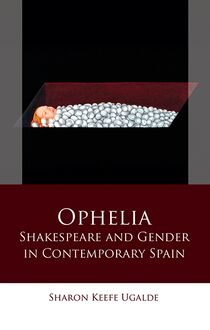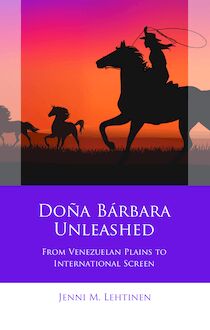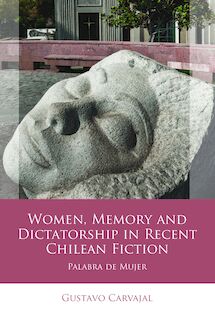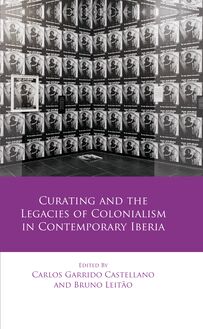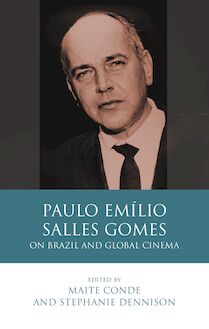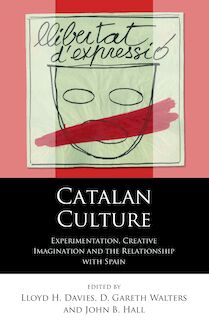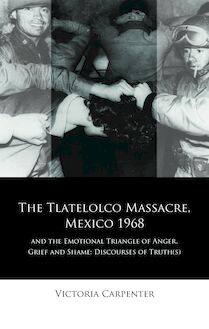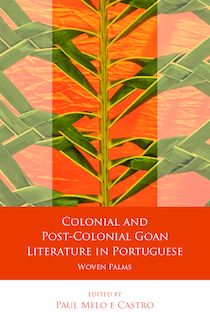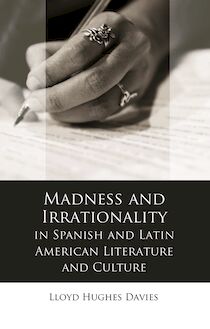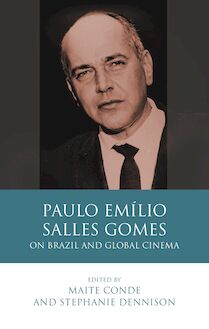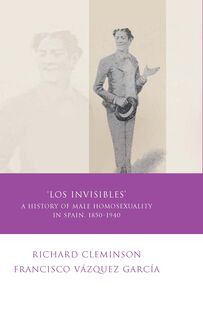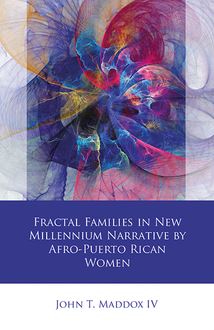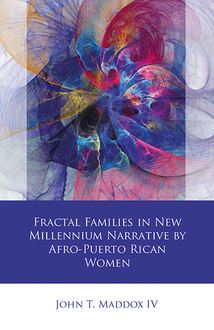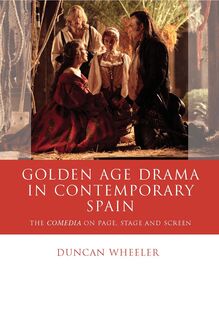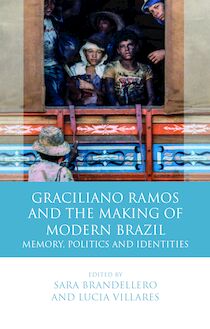-
 Univers
Univers
-
 Ebooks
Ebooks
-
 Livres audio
Livres audio
-
 Presse
Presse
-
 Podcasts
Podcasts
-
 BD
BD
-
 Documents
Documents
-
- Cours
- Révisions
- Ressources pédagogiques
- Sciences de l’éducation
- Manuels scolaires
- Langues
- Travaux de classe
- Annales de BEP
- Etudes supérieures
- Maternelle et primaire
- Fiches de lecture
- Orientation scolaire
- Méthodologie
- Corrigés de devoir
- Annales d’examens et concours
- Annales du bac
- Annales du brevet
- Rapports de stage
La lecture à portée de main
Vous pourrez modifier la taille du texte de cet ouvrage
Découvre YouScribe en t'inscrivant gratuitement
Je m'inscrisDécouvre YouScribe en t'inscrivant gratuitement
Je m'inscrisEn savoir plus
Vous pourrez modifier la taille du texte de cet ouvrage
En savoir plus

Description
Sujets
Informations
| Publié par | University of Wales Press |
| Date de parution | 31 mai 2011 |
| Nombre de lectures | 0 |
| EAN13 | 9781783164653 |
| Langue | English |
Informations légales : prix de location à la page 0,2042€. Cette information est donnée uniquement à titre indicatif conformément à la législation en vigueur.
Extrait
Iberian and Latin American Studies
From Silver Screen to Spanish Stage
Series Editors
Professor David George (Swansea University) Professor Paul Garner (University of Leeds)
Editorial Board
David Frier (University of Leeds) Lisa Shaw (University of Liverpool) Gareth Walters (Swansea University) Rob Stone (Swansea University) David Gies (University of Virginia) Catherine Davies (University of Nottingham) Richard Cleminson (University of Leeds)
IBERIAN AND LATIN AMERICAN STUDIES
From Silver Screen to Spanish Stage
The Humorists of the Madrid vanguardia and Hollywood Film
STUART GREEN -->
UNIVERSITY OF WALES PRESS CARDIFF 2011
© Stuart Green, 2011
All rights reserved. No part of this book may be reproduced in any material form (including photocopying or storing it in any medium by electronic means and whether or not transiently or incidentally to some other use of this publication) without the written permission of the copyright owner except in accordance with the provisions of the Copyright, Designs and Patents Act 1988. Applications for the copyright owner s written permission to reproduce any part of this publication should be addressed to The University of Wales Press, 10 Columbus Walk, Brigantine Place, Cardiff, CF10 4UP.
www.uwp.co.uk
British Library CIP
A catalogue record for this book is available from the British Library.
ISBN: 978-0-7083-2343-4
eISBN: 978-1-78316-465-3
The right of Stuart Green to be identified as author of this work has been asserted in accordance with sections 77, 78 and 79 of the Copyright, Designs and Patents Act 1988.
The publisher has no responsibility for the persistence or accuracy of URLs for any external or third-party internet websites referred to in this book, and does not guarantee that any content on such websites is, or will remain, accurate or appropriate.
Cover image: Charlie Chaplin and Edgar Neville; by permission EFE/Corbis.
Contents
_________________
Series Editors Foreword
Acknowledgements
Permissions
Notes on style
Abbreviations
Introduction:
Was there ever a(n Other) Generation of 1927?
Chapter 1:
From Madrid to Hollywood and Back Again: Crushed by the Reels of Industry
Chapter 2:
Transitions from Screen to Stage
Chapter 3:
The Remediation of Cinema in the Theatre of the Humorists of the Madrid vanguardia : Innovation and Compromise
Chapter 4:
Make em Laugh: The Humorists and Hollywood Comedy
Conclusion:
Remediation and Mediatization in Spain: Then and Now
Notes
References
Series Editors Foreword
_________________
Over recent decades the traditional languages and literatures model in Spanish departments in universities in the United Kingdom has been superceded by a contextual, interdisciplinary and area studies approach to the study of the culture, history, society and politics of the Hispanic and Lusophone worlds - categories that extend far beyond the confines of the Iberian Peninsula, not only in Latin America but also to Spanish-speaking and Lusophone Africa.
In response to these dynamic trends in research priorities and curriculum development, this series is designed to present both disciplinary and interdisciplinary research within the general field of Iberian and Latin American Studies, particularly studies that explore all aspects of cultural production (inter alia literature, film, music, dance, sport) in Spanish, Portuguese, Basque, Catalan, Galician and indigenous languages of Latin America. The series also aims to publish research in the History and Politics of the Hispanic and Lusophone worlds, at the level of both the region and the nation-state, as well as on Cultural Studies that explore the shifting terrains of gender, sexual, racial and postcolonial identities in those same regions.
Acknowledgements
_________________
The doctoral thesis on which this book is based was funded by a three-year grant from the Arts and Humanities Research Board (now Council). I gratefully acknowledge this support, so important for the completion of the PhD project and my career since then. I am also grateful to the University of Leeds for the funding it provided towards a research trip to Madrid to enable me to gather further information for this book.
As a postgraduate student at the University of Sheffield, and as lecturer in the Department of Spanish, Portuguese and Latin American Studies at the University of Leeds, I have received stimulating ideas and helpful advice from many people over the past nine years. My greatest thanks must go to Dr Robin Warner, for his supervision and encouragement throughout my MA and PhD. Professors David George and Phil Swanson were most understanding examiners and have continued to provide excellent help and advice. I am also indebted to Professor Phillip Deacon, Dr Anja Louis, Dr Louise Johnson, Dr Teresa Fuentes Peris and other Hispanists in South and West Yorkshire for their support and guidance.
For their academic assistance on my research trips I would like to thank the staff of the Biblioteca Nacional Española, the Biblioteca de Teatro Contemporáneo de la Fundación Juan March and the Centro de Documentación Teatral.
For their friendship, and their generous hospitality on the aforementioned research trips, I am sincerely grateful to Harvey Holtom, Maggi Riach, Sebastián and Ella, Juan de la Calle and Sonia Ruiz, and Carmen García. For her help in obtaining video recordings and magazine clippings, I would like to thank Beatriz Soto.
Throughout my academic career, I have been supported by friends and family in the UK. Of the former, too many to list here, I would like to give special thanks to Jon Ellis, for his willingness always to lend a sympathetic ear and for his good humour. My greatest thanks and all my love goes to my mother, brother and my Aunty Yvonne, without whose encouragement and help this book would not have been possible.
Thank you also to the staff of University of Wales Press, in particular Sarah Lewis, for their recommendations and assistance in the publication of this book.
Permissions
_________________
The author gratefully acknowledges the permission to reproduce quotations of the work of Enrique Jardiel Poncela, José López Rubio and Miguel Mihura kindly granted by their estates.
Efforts have been made to seek permission from the estate of Antonio de Lara Gavilán through the Sociedad General de Autores Españoles. At the time of writing, no contact for the estate of Edgar Neville was registered at the SGAE. I will be pleased to acknowledge permission to reproduce quotations of their work in any future editions.
Parts of chapters 1 , 2 and 4 have been published in the form of journal articles (Green, 2005; 2007; 2010). For their permission to include these sections in the book, I thank the editors of MLR , Estreno and the Journal of Iberian and Latin American Studies .
Notes on style
_________________
Citations from the writings of the humorists have been taken, wherever possible, from their collected works.
I have preferred in this book to employ several terms in the original Spanish rather than their English-language equivalents. Most importantly, the label vanguardia is used in order to distinguish the groups that emerged in Spain from other avant-garde groups elsewhere in Europe. Several other terms are likewise retained in Spanish; an explanation of those specific to the subject of this book is included when first mentioned. Methodological terminology is placed in single inverted commas when first mentioned. Except in those cases in which this terminology overlaps with the common lexis of theatre and cinema studies and may thus lead to confusion, inverted commas are not used in subsequent references.
Unless noted, the capitalization and italicization of the original texts are retained when cited. All translations of citations and titles are my own, except in the case of the titles of José López Rubio s plays, for which I have consulted Marion P. Holt s monograph on the playwright (Holt, 1980). Film titles are followed by the director s name and year of release on their first mention. If titles are listed in citations, these details are included in square brackets (with the original title where appropriate). All citations from films have been transcribed by me directly from the films. Where necessary, descriptions of on-screen action have been included in these transcriptions in the manner of stage directions.
Abbreviations
_________________
Play titles are given in full on being mentioned for the first time. The following abbreviated titles have been used to refer to some of the humorists plays subsequently:
Asesinadita
El caso de la mujer asesinadita
Blanca
Blanca por fuera y Rosa por dentro
Carlo Monte
Carlo Monte en Monte Carlo
Crimen
Crimen pluscuamperfecto
Eloísa
Eloísa está debajo de un almendro
Es peligroso
Es peligroso asomarse al exterior
Habitantes
Los habitantes de la casa deshabitada
Juan
Mi adorado Juan
Ladrones
Los ladrones somos gente honrada
Madre
Madre (el drama padre)
Margarita
Margarita y los hombres
Marido
Un marido de ida y vuelta
Mínguez
Producciones Mínguez, S.A.
Ni pobre ni rico
Ni pobre ni rico, sino todo lo contrario
Pañuelo
El pañuelo de la dama errante
Primavera
Una noche de primavera sin sueño
Siete vidas
Las siete vidas del gato
Tres sombreros
Tres sombreros de copa
Vida
La vida en un hilo
2.000 metros
El amor sólo dura 2.000 metros
In the case of Juan and Vida , these abbreviations are used only for the plays; when the original films on which they were based are cited, the full title is retained.
In memory of my father Derek Green, who introduced me to the Marx Brothers one Christmas many years ago
Introduction
Was there ever a(n Other) Generation of 1927?
_________________
Fue nuestra generación una verdadera generación precursora, pues todavía se están riendo de nosotros (Tono,
-
 Univers
Univers
-
 Ebooks
Ebooks
-
 Livres audio
Livres audio
-
 Presse
Presse
-
 Podcasts
Podcasts
-
 BD
BD
-
 Documents
Documents
-
Jeunesse
-
Littérature
-
Ressources professionnelles
-
Santé et bien-être
-
Savoirs
-
Education
-
Loisirs et hobbies
-
Art, musique et cinéma
-
Actualité et débat de société
-
Jeunesse
-
Littérature
-
Ressources professionnelles
-
Santé et bien-être
-
Savoirs
-
Education
-
Loisirs et hobbies
-
Art, musique et cinéma
-
Actualité et débat de société
-
Actualités
-
Lifestyle
-
Presse jeunesse
-
Presse professionnelle
-
Pratique
-
Presse sportive
-
Presse internationale
-
Culture & Médias
-
Action et Aventures
-
Science-fiction et Fantasy
-
Société
-
Jeunesse
-
Littérature
-
Ressources professionnelles
-
Santé et bien-être
-
Savoirs
-
Education
-
Loisirs et hobbies
-
Art, musique et cinéma
-
Actualité et débat de société
- Cours
- Révisions
- Ressources pédagogiques
- Sciences de l’éducation
- Manuels scolaires
- Langues
- Travaux de classe
- Annales de BEP
- Etudes supérieures
- Maternelle et primaire
- Fiches de lecture
- Orientation scolaire
- Méthodologie
- Corrigés de devoir
- Annales d’examens et concours
- Annales du bac
- Annales du brevet
- Rapports de stage
